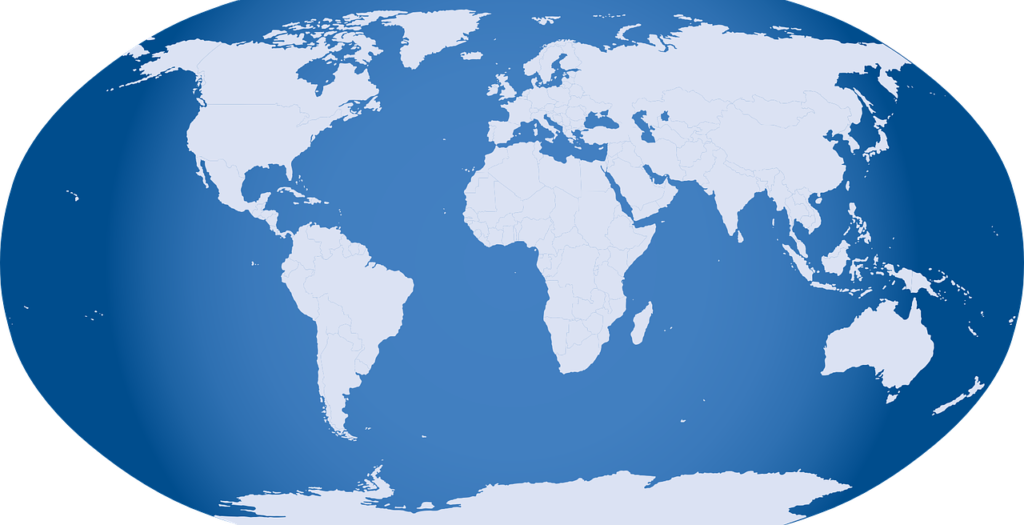
Global workforces highlight need for HR to find appropriate insurance
HR has seen multiple metamorphoses over the years, not the least of which has been as a consequence of the globalisation of business. When business first started going global, most adopted a traditional colonial-style approach to expansion. Trailblazing managers were often sent out from the ‘motherland’ headquarters to establish ‘colony’ companies in different regions around the world. Later, the multinational approach became more popular—with organisations rolling out carbon copies of ‘motherland’ operations in regions around the world where they conducted business.
Transnational HR
Today, things are very different and organisations that operate globally are labelling themselves ‘transnationals’ with a devolution of power away from the headquarters and instead towards local markets. HR is now faced with the challenge of having to marry global corporate initiatives with the idiosyncrasies of local business landscapes and their associated talent skill sets. HR, in embracing such globalisation, increasingly has to push talent around the world in order to get jobs done in time and on budget—forming a constantly mobile and much more ephemeral global workforce.
Global workforces vulnerable
Managing these global workforces is no mean feat, and by their nomadic nature they are more vulnerable to global epidemics and more liable to be involved in situations that require medical assistance around the world. Continually moving talent across borders means, HR now has to ensure multiple safeguards are in place to ensure that workers are able to work legally and safely in different workplaces around the world. A critical aspect of this is the need to ensure staff are effectively covered with appropriate medical schemes.
As trade continues to cross borders, international medical insurance has seen a dramatic rise in importance. But, amidst growing competition in this sector, how can HR measure the effectiveness of different global insurance providers? Bupa International may have the answer. The organisation analysed over 3,000 different global insurance intermediaries and looked at factors including scale of business operations, number of clients serviced and provision of ‘first-rate customer service in all aspects of the insurance process’. Among the 3,000 Pacific Prime received the coveted Top Global Distributor Award for 2012-2013.*
Ray Bond, Head of Sales, Asia Pacific, Bupa International explained, “Bupa International has the highest expectations for the businesses we work with, and by encouraging them to set higher goals for themselves, every person who is insured through the brokers and intermediaries that we work with should be able to expect an excellent experience when receiving healthcare coverage. Pacific Prime exemplifies this commitment to customer service excellence and we are happy for them to set the mark for others in the industry to strive for.”
Leading the insurance pack
Quality insurers recognise that every HR manager and organisation they work with has different needs when it comes to insurance, and the importance of being able to quickly identify their needs and offer them insurance plans that best suit these needs is critical. There is a shortlist of things that will determine how good an insurance distributor is—with marketing and customer service being critical. Neil Raymond, CEO, Pacific Prime commented, “In the past year, our marketing team has grown considerably to keep up with the demands of a highly competitive marketplace and the evolution of how people find insurers online. On the customer relations side, we continue to focus on having a knowledgeable staff that can provide top-notch advice to every customer.”
China—insurance hotspot
Bupa only entered the China market in 2010, and ever since has seen APAC continual grow in terms of business significance. Bond added, “Naturally, along with this we are also building stronger relationships with brokers and intermediaries in the area.”
Raymond concluded, “With Asia being the area of the world that has perhaps fared the best following the Global Financial Crisis, we are seeing a high number of organisations targeting China and other nearby countries to do business in. That means more local employees for foreign companies and more expatriates moving to Asia from abroad—all of whom may need insurance. I believe that many of the world's insurers are taking note of these trends and vying for a larger piece of the Asian market.”
*This research was conducted by Bupa, based on the brokers who are contracted to Bupa.





